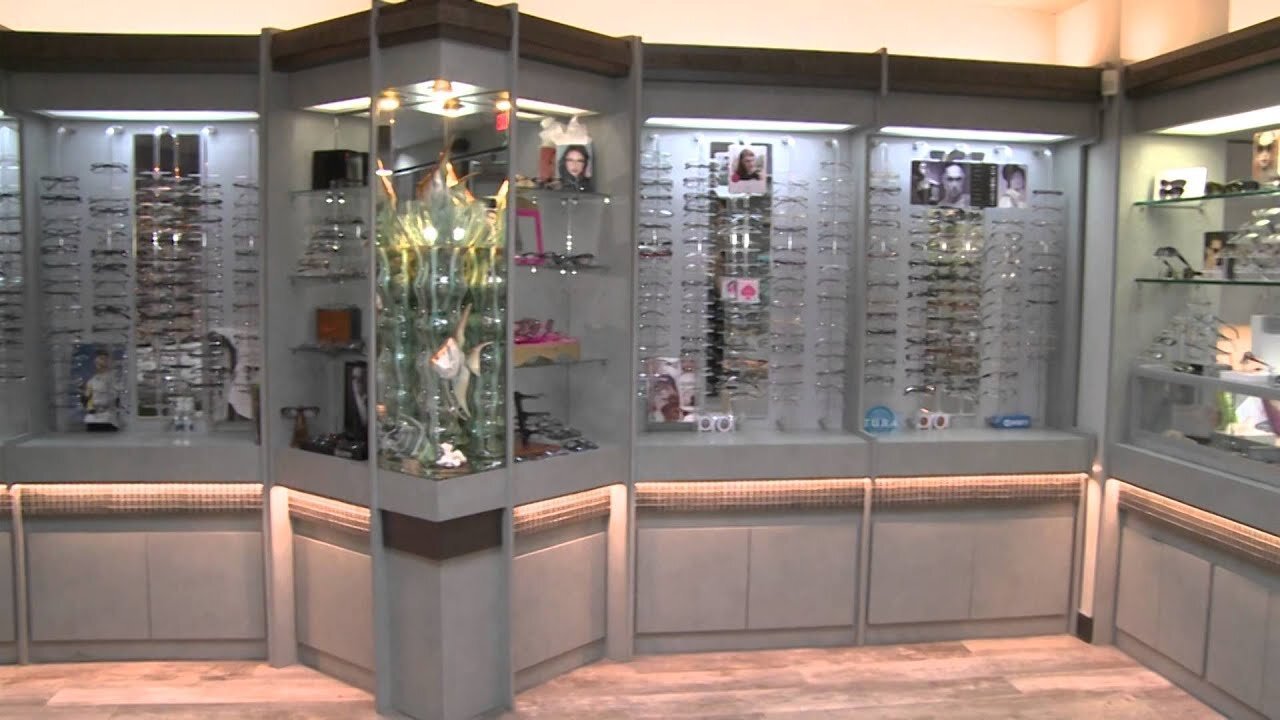Every person’s experience with vision loss is unique — and so are the solutions that work best for them. When standard eye care like glasses or contacts no longer provides enough support, it’s time to explore more personalized options. For Houston residents facing progressive eye conditions, everyday tasks like reading a phone, cooking a meal, or recognizing loved ones can become overwhelming. But with the right guidance and tools, those challenges can be managed.
Comprehensive low vision exams in Houston are designed to meet individual needs, offering tailored solutions that help people make the most of their remaining sight. These evaluations go beyond basic prescriptions, focusing instead on how vision impacts real-life activities. With the right support, individuals can regain control, confidence, and a renewed sense of independence in their daily routines.
1. More Than Just an Eye Test
Low vision evaluations go beyond the basics of standard eye checkups. While typical exams in Houston focus on how well someone reads letters on a chart, these specialized assessments explore how vision loss affects day-to-day life.
Specialists look at real-world challenges, such as:
- Reading mail or product labels
- Managing medications safely
- Moving around the home without assistance
These sessions aren’t rushed. Instead, patients share what tasks have become difficult, and experts suggest practical tools or techniques to help. The focus stays on improving daily life through thoughtful, personalized care.
2. Smart Tools That Make a Big Difference
There’s a wide world of assistive devices—far more than most people realize. During a low vision consultation in Houston, patients are introduced to tools that suit their needs. These could be something as simple as a high-powered magnifier or something more advanced like a talking clock, video reader, or wearable device.
Each recommendation is made with care based on the individual’s condition, lifestyle, and goals. Whether managing finances, using a smartphone, or enjoying a book again, the right device can make those tasks possible.
3. Support That Doesn’t End with the Appointment
One of Houston's most valuable aspects of low-vision services is the ongoing support provided after the exam. Patients aren’t left to figure things out independently — they receive clear guidance on using their new tools effectively.
Support may include:
- Follow-up appointments to track progress
- Tips for optimizing lighting at home
- Hands-on training for specialized devices or software
This steady assistance helps build trust and gives patients the time and confidence to adjust to changes in their vision with accurate, reliable support.
4. Specialized Local Care
Low vision services in Houston are available through trusted providers who understand the everyday impact of vision loss. These professionals prioritize personalized care, taking the time to listen, evaluate real-life challenges, and recommend tools that improve daily living.
With deep experience in visual impairments, local specialists focus on helping individuals adapt with confidence and dignity. Whether through independent clinics or as part of broader healthcare networks, the goal remains the same: improving quality of life with thoughtful, individualized support.
5. Restoring Confidence Through Practical Solutions
Low vision support isn’t just about vision — it’s about restoring confidence in everyday life. Whether it’s reading a recipe, navigating the neighborhood, or simply enjoying a hobby again, practical strategies and tools help individuals stay active and engaged. In Houston, specialists work alongside patients to create realistic, achievable plans that match their routines and goals. With the right approach, small victories become stepping stones to greater independence and a better quality of life.
Comprehensive low vision exams in Houston offer solutions when standard eye care no longer works. By focusing on real-life needs and providing effective tools, these services help people live more independently and confidently. With expert support and ongoing guidance, patients are empowered to face daily life with clarity, even when vision is limited. It’s a reminder that help is not only available—it’s effective.
 Online Clock
Online Clock